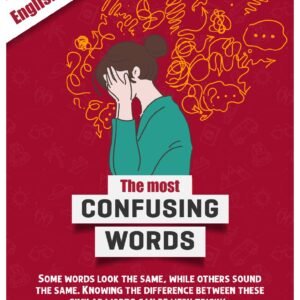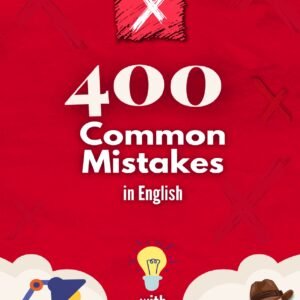Modal Verbs and what they express
Modal verbs do not describe an action, a process, a sensation, or a state. Rather they are used to express necessity, possibility, and obligation, etc. They express opinions and subjective attitudes of the speaker in several different contexts. Because modal verbs are used pragmatically in speech, it is difficult to clearly define them.
The following is a list of some of the ways we use the most common modal verbs in various contexts:
Expressing probability (can, could, may, ought to)
Expressing possibility (might)
Expressing the hypothetical meaning of something (would)
To express certainty about something (must)
Ability to do something (can, could)
Advice and suggestion (could, might, should, ought to)
Asking or giving permission (can, could, may)
Describing past habits or repeated activities in the past (would)
Obligation (must, should)
To make a promise, a prediction, or a plan (will, shall)
To offer a recommendation or extend an invitation (should, would, ought to)
To discuss preference for one thing over another (would)
To discuss our desire for doing something (can, may, would
Modals & Auxiliaries: What’s the Difference?
Some verbs can be used as both modals and auxiliaries depending on the context in which they are used. Actually, modals are a type of auxiliary verb that express modality (ability, possibility, probability, permission, etc.) in contrast with normal auxiliaries which combine with main verbs to change tense.
The following chart compares the two types of verbs:
Some of the differences between modal verbs and other verbs are:
They do not take on an “-s” in the third person singular:
◦ Ex: “He can dance the Tango,” “She must enjoy watching Korean dramas.”They are followed by “not” in the negative form:
◦ Ex: “He might not come out tonight,” “I would not do that if I were you.”They are always followed directly by another verb in the infinitive form, minus the word “to:”
◦ Ex: “You should go to work,” “She must be tired.”
They create questions by inverting the order of the modal and the subject:
◦ Ex: “He may leave now.” → “May he leave now?”
Another difference is that modals cannot be directly conjugated into any of the past tenses or future tenses. However, with the exception of a few situations, the majority can still be used to express the past tenses and future tenses by adding to or altering the base modal verb. Take a look at the following examples:
Example # 1: Future
INCORRECT:
“He will can eat the rest.”
“I will must sleep.”
CORRECT:
→ “He will be able to eat the rest.”
→ NO FUTURE FORM (Note that the present form refers to the future already)
Example # 2: Past
INCORRECT:
“I musted sleep through the end of that movie.”
“He had can eat the rest.”
CORRECT:
→ “I must have slept through the end of that movie.”
→ “He could have eaten the rest.”
Strategies to learn Modals
Due to the many situations in which modals are used, students can become confused if they are all introduced at the same time.
I must clean my room every week.
I must finish my homework before I can play.
I have to make my bed when I wake up.
I should help my mom fold clothes.
I could be less naughty.
I can watch TV if I wash the dishes.
I might get a new bike for Christmas if I keep finishing my vegetables at dinner.






